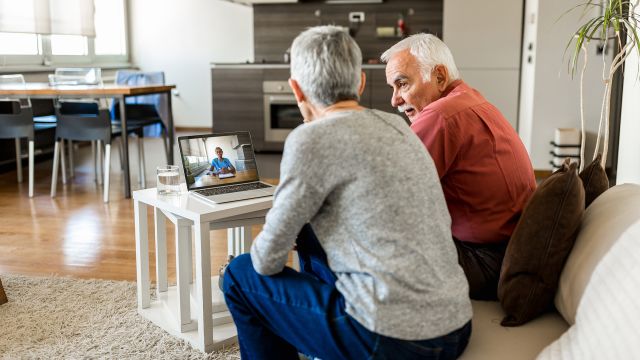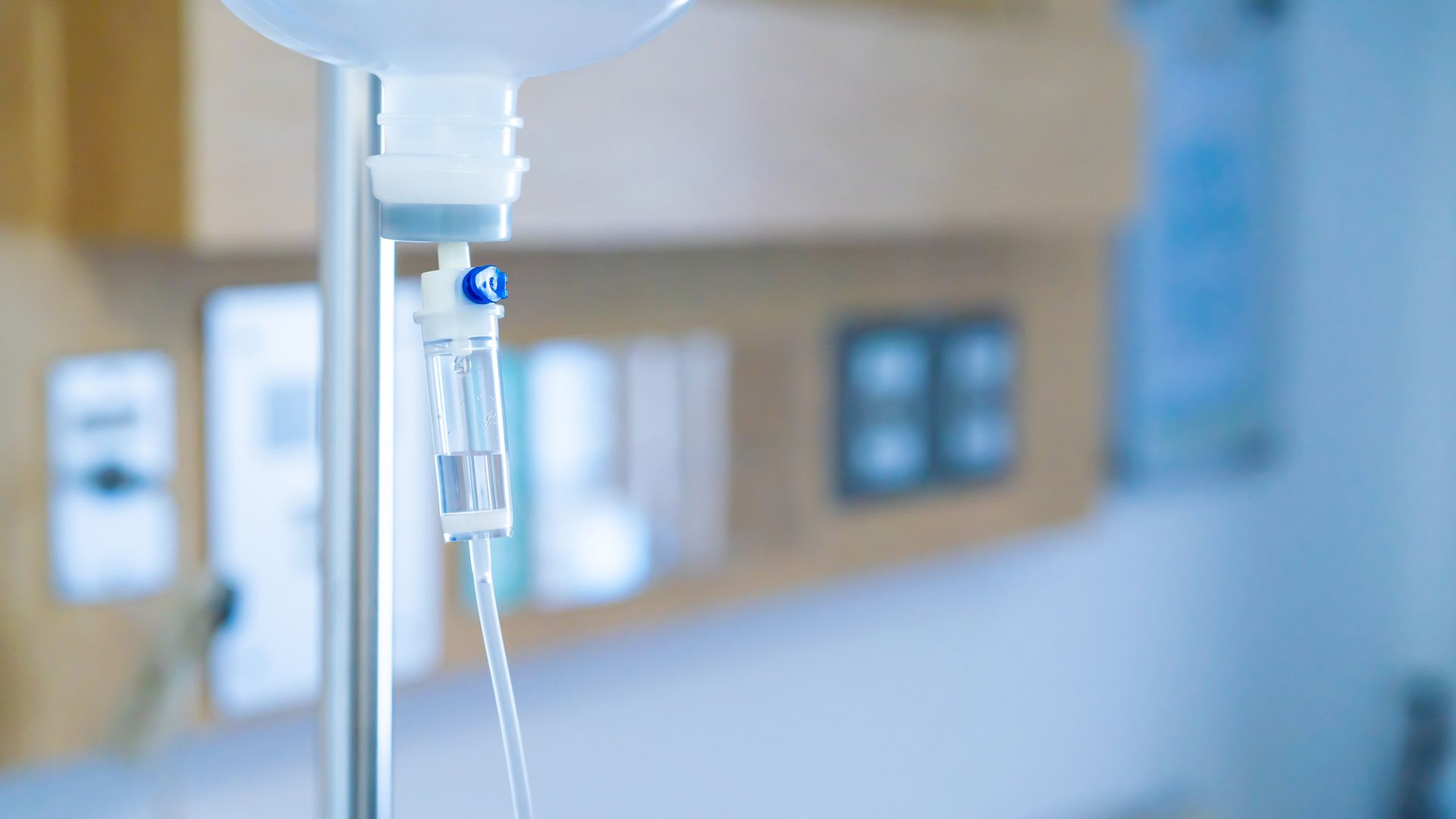Basal cell carcinoma (BCC) is the most common form of skin cancer. Most people who are diagnosed with BCC are diagnosed in the early stages, but a percentage are diagnosed with advanced basal cell carcinoma.
Basal cell carcinoma is considered advanced when it cannot be treated with surgery and/or radiation (or it cannot be treated with these therapies alone). This includes locally advanced basal cell carcinoma as well as metastatic basal cell carcinoma.
Each diagnosis of advanced BCC is a little different and treatment should be individualized. This means that one person’s treatment plan will be somewhat unique to them, taking into account factors about the cancer and about the person who has cancer. Your best source of information about your diagnosis is your healthcare team.
In addition to working with a healthcare team with experience in treating advanced BCC, it can help to learn more about the condition, what people with advanced BCC experience, and the resources available to help you through treatment.
Below are a few links to help you get started.
American Cancer Society
Patient education is important after the diagnosis of any medical condition, and people with advanced BCC are encouraged to learn about the condition. With that in mind, a great starting point is the American Cancer Society. The website of the American Cancer Society offers pages of information on how BCC differs from other types of skin cancers, how different treatment options work, and how to protect your skin from the sun.
American Academy of Dermatology
Another great starting point for patient education about BCC is The American Academy of Dermatology (AAD). On the AAD website, you will find pages dedicated to diagnosis, treatment options, and healthy habits to adopt after being diagnosed with BCC. The ADA website also offers a Find a Dermatologist search tool. This search tool lets you filter your search by condition, which can be helpful for people who want to find a provider who specializes in skin cancer treatment.
Skin Cancer Foundation
The Skin Cancer Foundation is a nonprofit organization that provides education, support, and resources for people who are impacted by skin cancer, including people with skin cancer and caregivers. If you are seeking information on managing the practical, emotional, and financial challenges of skin cancer, check out the Skin Cancer Support Resources page, which can direct you to sections on treatment support, financial assistance, support groups, and more.
CancerCare
An oncology social worker can be a valuable member of your healthcare team. Oncology social workers provide emotional and practical support for people living with cancer. You may have already connected with an oncology social worker through your hospital or cancer care center. Another option is CancerCare, which provides free professional support, including counseling, financial assistance to qualifying families, and case management services to patients and caregivers in the U.S.




